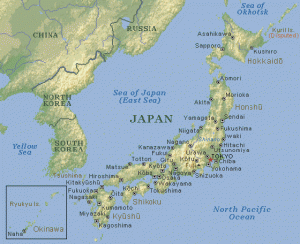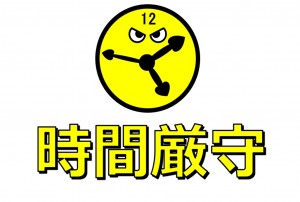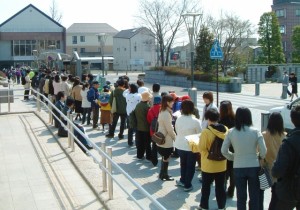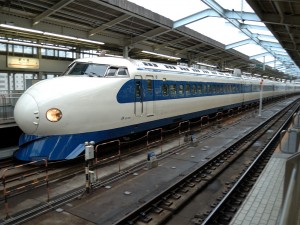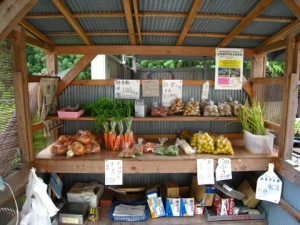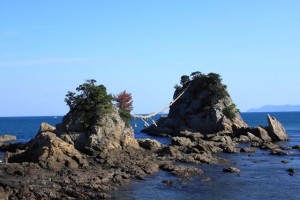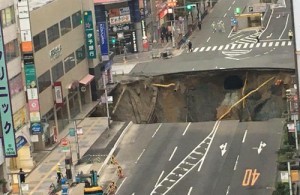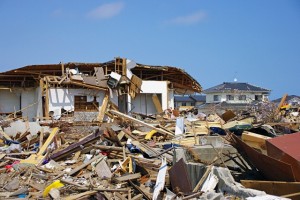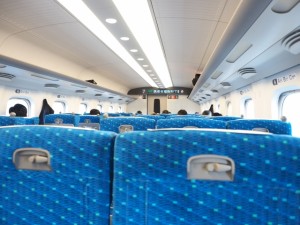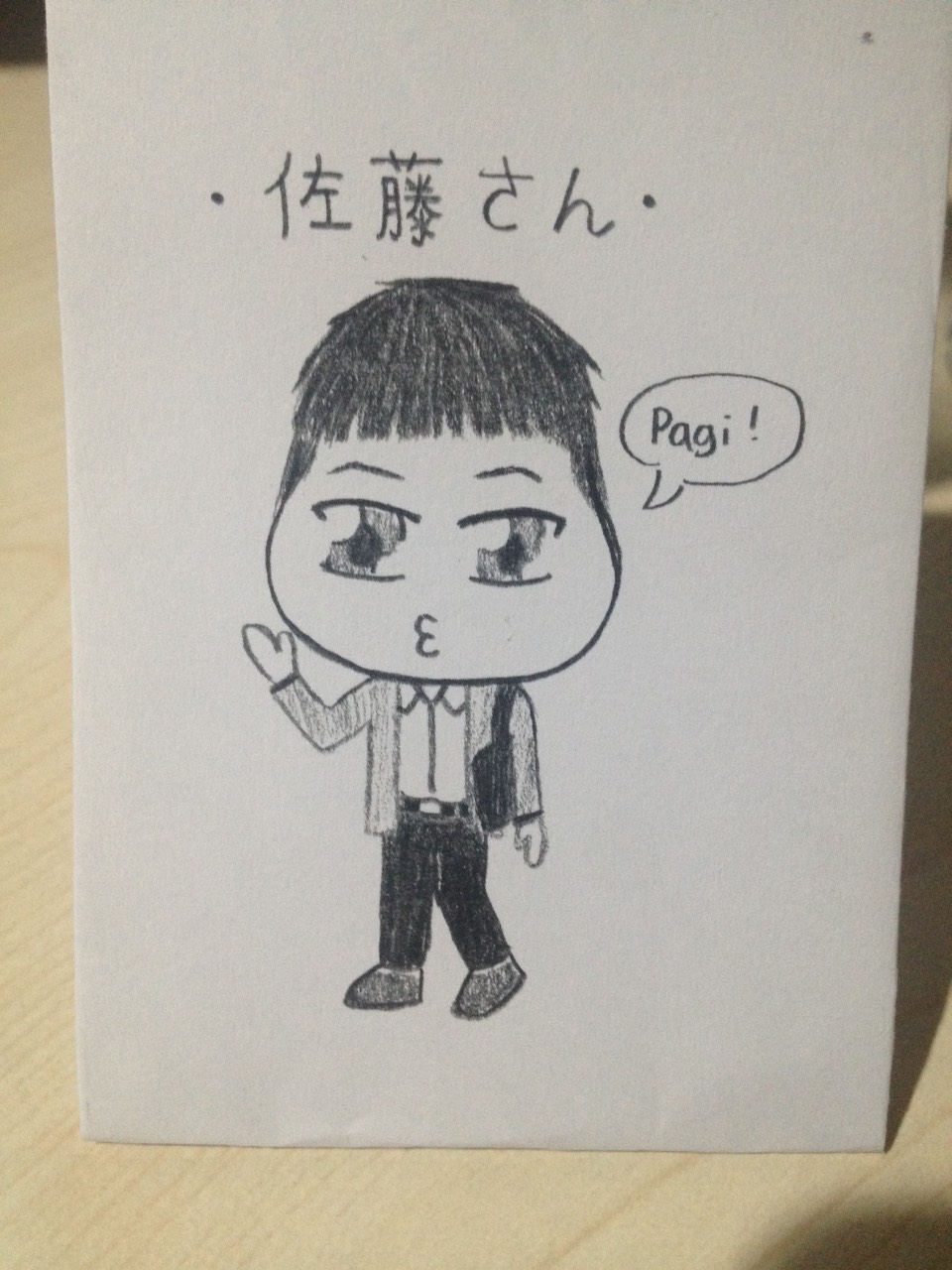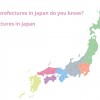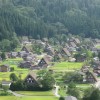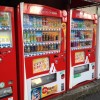Japanese culture/customs/findings compared with other countries
Today I just came back from my hometown in Japan for short holiday, I stayed my hometown for 4 days. My hometown is Oita(大分) in Kyushu(九州) island (south west island).
During my stay in Japan, I thought, found and felt what Japanese culture/customs/findings different from non-Japanese countries are.
For your information, this is my background.
- Born and lived in Oita in Kyushu island for 18 years
- Lived for university and work in Tokyo for 15 years
- Lived for work in Jakarta in Indonesia for 2.5 years
- Lived for work in Singapore for 3 years until now
- I have been to 40 prefectures out of 47 prefectures in Japan
- I have traveled about 20 countries so far
I point out and comment 11 points about Japanese culture/customs/findings compared with other countries.
Culture/Customs
Punctual
時間厳守 means “Be punctual!”
Trains, buses are usually on scheduled time.
If it’s delayed, staff sometimes apologizes to passengers.
I sometimes feel It’s too much services. We may arrival time as “every 3-5 minutes” instead of exact scheduled time.
Queue in order
We Japanese queue in order anytime.
If someone try to cut in queue, everyone blames him/her immediately.
In other situation, we don’t care queuing in front of popular restaurants such as ramen shop etc. We tend to think long queuing shows the shop provides good service or taste though sometimes it’s not the case
Convenient transportation
If you see map of Japan, you will find our country is long and consists of many islands.
We Japanese live everywhere in Japan.
That means we need convenient transportation such as train, bus, airplane and ship etc. to move for work, supply necessary items to live. So there are many public transportation and highway all over Japan.
Good ingredients and foods (meat, fish, vegetable, sweets and fruits)
Our country is surrounded by sea and there are many mountains. Also, there are four seasons.
That is one of reason we can have good ingredients such as meat, fish, vegetable, sweets and fruits. This is factor on supply side. On the other hand, talking about factor on demand side, consumers in Japan tend to compare quality and prices among one item and other items. Mostly, we choose better item. In the end, only some competitive items are chosen. This cause supply to be more sensitive on quality and price of their services or products.
Many natural especially in countryside (mountain, river, sea etc)
If you are tourist, you go to Tokyo, Osaka, Kyoto and Hokkaido.
Most of places tourists visit are cities.
But if you have chance to go to countryside, please go there and stay one day at least.
You will find different scenes from cities.
There are many mountains, river, sea, greens (trees and flowers), rice fields and so on.
Lifestyles in city and countryside are totally different, you know.
Behavior and way of thinking of people living there also are different.
High medical level
I have gone to hospitals in Jakarta and Singapore before.
I can say medical level and services at hospital in Japan are very high based on my experience.
In Japan, there are many hospitals and clinics. Hospitals are usually divided into specialized department such as physician, surgery, maternity etc unless it’s not big hospital.
I think the reasons for high medical level are many doctors, many patients and many cases. Also, medical insurance system enables anyone to go to hospital with 20-30% of medial fee burden. The rest is paid by public medical insurance.
In Singapore, cost in hospital is too high..
Old infrastructure
As you may see this news, suddenly there was hole in road of Fukuoka city.
Most of roads, bridges and tunnels were constructed many years ago. (Some were in 1960’)
When I take bus, I feel surface roughness on roads and I sometimes find cracks in road.
Infrastructures in South east Asian counties are relatively newly constructed.
So I rarely fee like this when I live in South east Asian countries.
Less child and many elderly persons
If you go to countryside, you may feel there are less child and many elderly persons.
Do you know average age in Japan?
It’ about 47 years old.
The number of populations is about 120 million.
This number is getting decrease.
Many negative news on TV, disasters, accident and murder cases
Every TV channel has news programs every day.
They announce mainly car accidents and murder and most of time is spent with negative news in program. This is said that people in Japan tend to be interested in negative news.
I believe good news make people happy and motivated.
My suggestion to TV channel station is to cut negative news.
It’s meaning less, right?
Findings
Quiet in bus and train
Talking on mobile phone in public transportation is prohibited.
Speak loudly is generally not welcomed in Japan.
On the other hand, in transportation in Singapore and Indonesia, basically it’s free.
People speak loudly and talk over phone, but no one blames that.
Japanese think public space is regarded “close” place that people should take care of others there.
Teenager’s make-up
When I went to one restaurant, I saw female high school student making-up. I stayed in countryside, middle size city. When I was high school student, making-up by high school students were rare. Maybe times has changed.. We can easily see many information on TV and internet including how to make-up.
If you come to Japan for travel or living here, you may find more interesting culture/customs comparing with your country.
How was this post?
If you like this or feel this is useful, please share on Facebook and retweet on Twitter!
If you wanna join Leo Sensei’s group on Facebook, click Facebook mark on top or bottom and send friend request to me. You can get updated information and ask me freely about Japanese language and culture and so on.
